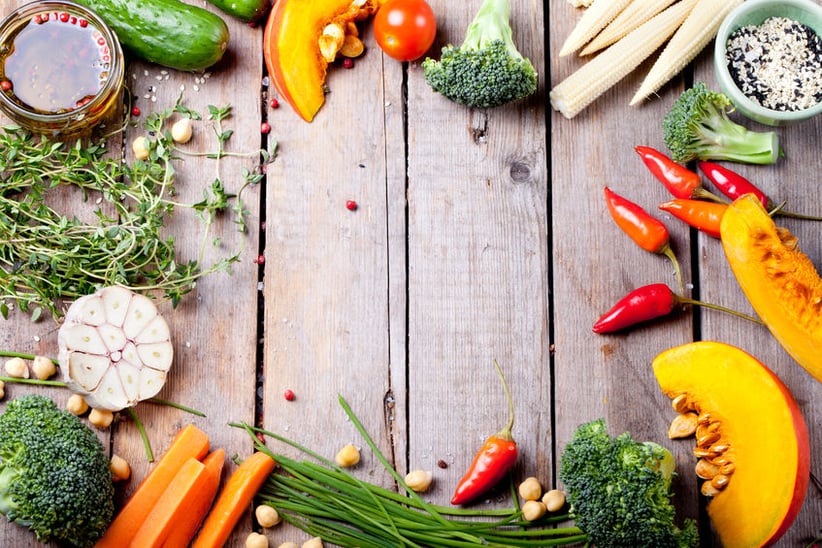
Imagine for a moment that you see a stage. On it, several other food brands are enthusiastically talking about their products, and they've amassed quite a crowd. You are considering climbing up on stage and doing the same. The crowd is already there, after all. However, a closer look may reveal that the stage isn't very well-constructed, and the people already on it might not be individuals you'd want to associate your brand with. This is the kind of situation a grocery chain can find itself in when dealing with foods that are marketed as "natural." It can align the priorities and practices of your brand with those of the largely-unregulated "natural" food industry and risks damaging your carefully-built customer trust and loyalty—especially if you’re using such marketing on store-brand products.
You Risk Inventing Issues
The central problem with "natural" as an aspect of food in US culture is that, although customers want it — and in some cases, even demand it — they can't collectively identify what it means. A fuzzy-edged collection of attributes like "wholesome," "fresh," "non-GMO" lead the pack, but there's no common consensus, either from the consumer side or that of federal regulators. It's only in the last few years that terms such as "organic" are getting concrete standards, and "natural" is still catching up. According to Food Navigator, in the nebulous span of time before natural is officially defined, angry consumers are filing lawsuits and complaints when their version of "natural" isn't met by manufacturers using it as an advertising linchpin. These actions are driving a steady stream of cautionary tales in the direction of food processing and marketing executives still on the fence.
When natural is officially defined, you also run the very real possibility that you will have to shift gears once more out of necessity. If you've ordered the printed packaging materials, approved the ads and connected with your nature-loving demographic niche, it could all end up being an expensive mistake if the FDA doesn't agree. According to Karlene Lukovitz of MarketingDaily, the FDA has already begun the preliminary process of determining what should constitute "natural" in food products.
It's a Chain-Wide Change...
Even if your company has committed to embracing natural as a marketing point, if your food supply chain partners don't follow suit you could be facing trouble. Conscientious customers are digging deeper than ever when it comes to the provenance of the foods they eat, with entire blogs devoted to the process in some cases. If you proudly wrap your product in greens and beiges, add leaf icons and so on, but your ingredient supplier values quantity over origin or ethical harvesting, you could find your name plastered to negative reports about their conduct. If your entire supply chain isn't ready to support and further your commitment to natural marketing, you're already starting on the wrong foot in terms of brand perception liability.
That Includes the End Retailer
If you do shine that bright green spotlight on your food products, it can be hard to dim it back down. Grocery stores and retail outlets have their own culture and perception to cater to, and sometimes a "natural" product can be perceived negatively for shoppers in search of standard fare. While "natural" may woo new customers in, it may also shed existing customers that perceive the change in sales tactic as an additional expense, hassle or change in quality. You may actually end up pigeonholing your brand when you actually intended to expand it to a natural-focused market. Your buyers and procurement professionals need to be as committed to marketing and believing in your "natural" push as your partners in the food supply chain, or all of your investments and careful design could end up being lost revenue.
The decision to take your products down a "natural" path is not one that should be taken lightly, nor is one that begins and ends with simple food processing changes. Much like the benefits natural food is thought to offer, it must be a holistic change that stretches beyond the board room and throughout the food supply chain. Additionally, companies looking to make this push should be prepared to stay agile; as Carina Storrs of CNN notes, consumers and the FDA are making the natural food marketing platform a difficult one to balance on.






